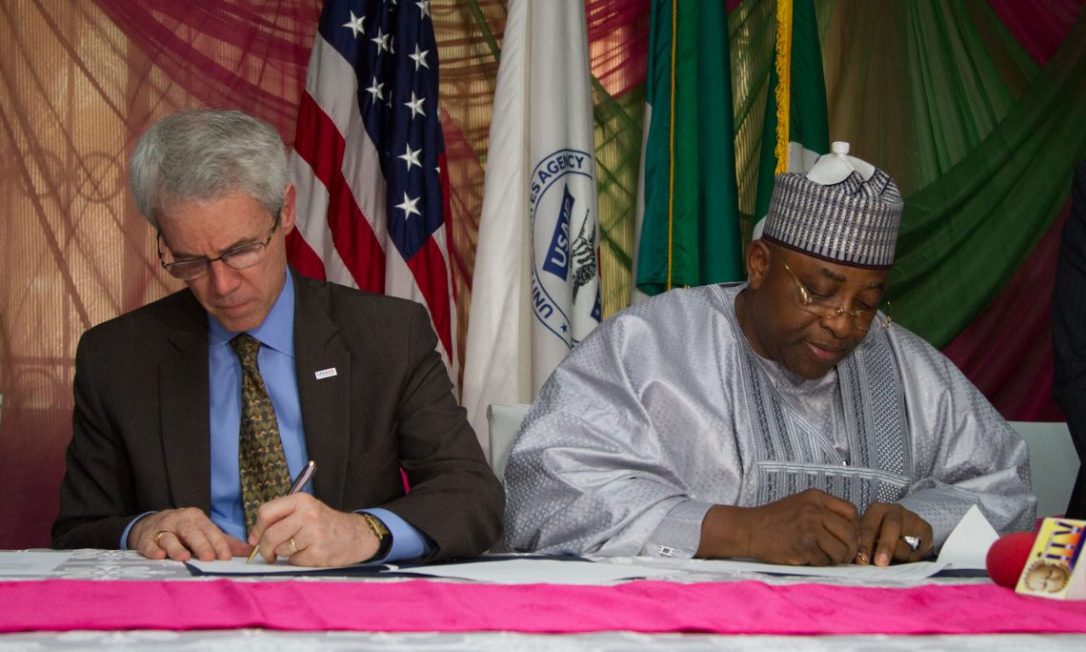The Bill and Melinda Gates Foundation through its Nigeria Representative, Ms. Mairo Mandara has disclosed that the Foundation spent $250 million on health, education and improving the lives of the poor in Nigeria in 2016.

Highlighting some of the achievements of the Gates foundation across Africa, she said that mortality in children under the age of five caused by pneumonia, diarrhoea and malaria had decreased across sub-Saharan Africa.
“In Nigeria, we have witnessed a 49 per cent reduction in under age five mortality between 1990 and 2016.
“Also in Nigeria, percentage of children who receive vaccine against Diphtheria, Pertussis, Tetanus, Hepatitis B and HIV increased to 56 per cent in 2016.”
Ms. Mandara said that there was increased access to information about reproductive health and innovative contraceptive methods.
She added that 27 per cent of women now use contraception in sub-Saharan Africa, while Nigeria accounted for 15 per cent of the figure.
According to her, this implied that more women now have the power to make their own family planning decisions.
She also said that a report by the United Nations says that extreme poverty in sub-Saharan Africa has decreased by 28 per cent since 1990.
She, however, urged wealthy Nigerians to support the cause of humanity to help improve the lives of others and bridge the poverty gap, adding that millionaires around the world had started supporting it.
“Mr Gates has started a giving programme called `The Giving Pledge’ where he goes to his billionaire friends to convince them to give half of their wealth to charity upon their death.
“They can choose whatever area they want to invest in but it has to be for the cause of improving the lives of others and so the billionaires are already coming out massively to support other people.
“What is crucial is that our own multi-millionaires in Nigeria need to get up-to-speed in investing in critical strategic areas that improve the lives of poor people particularly health, education and poverty reduction.”


